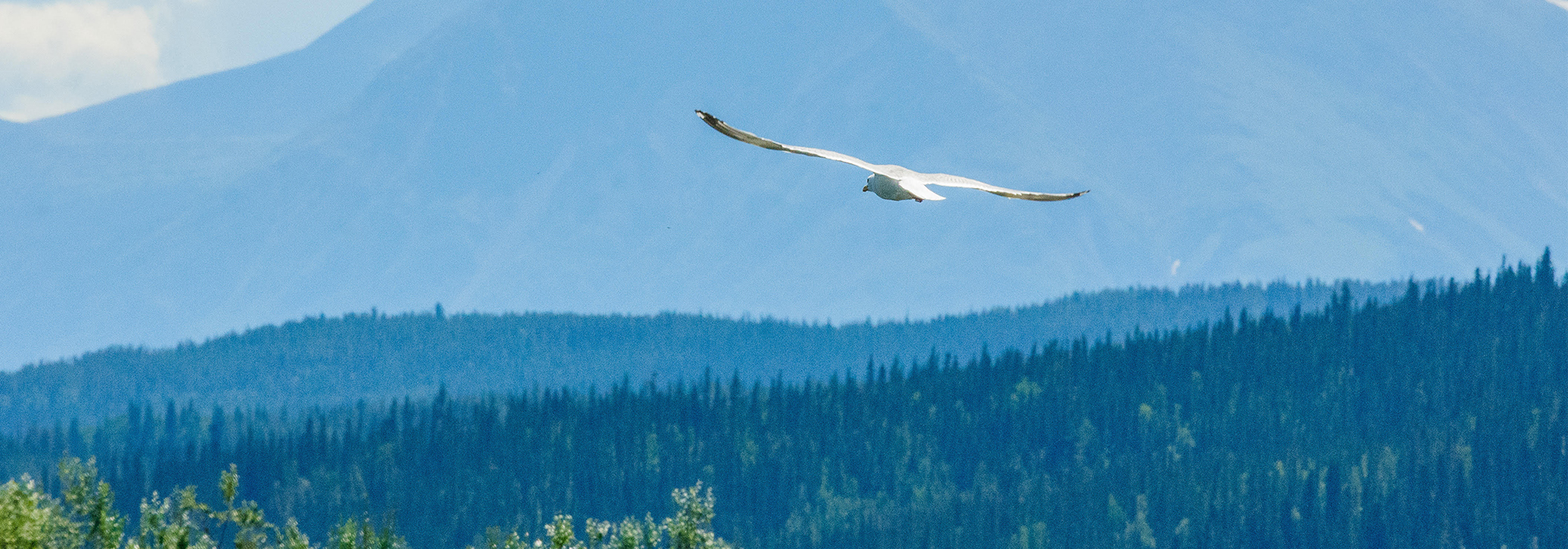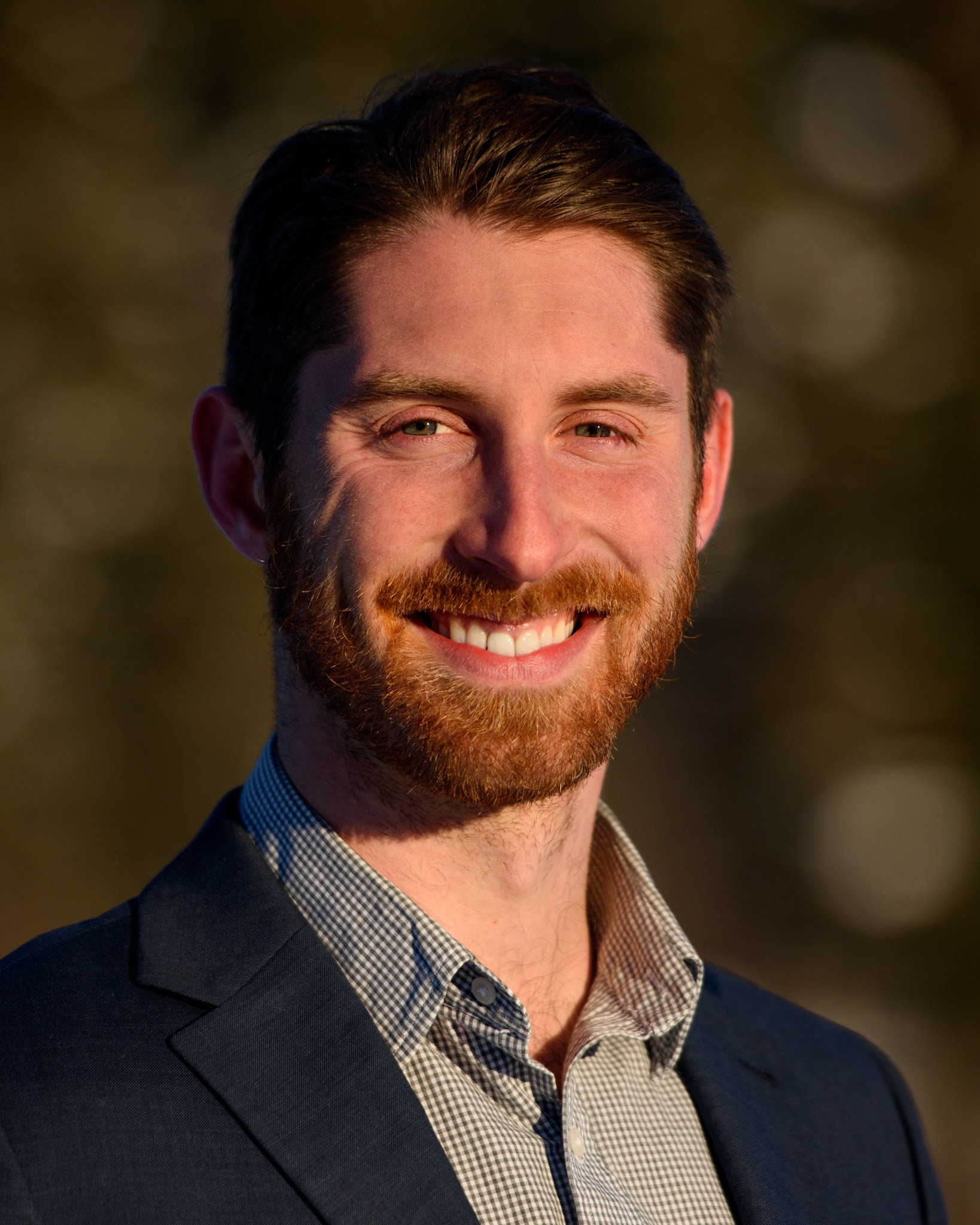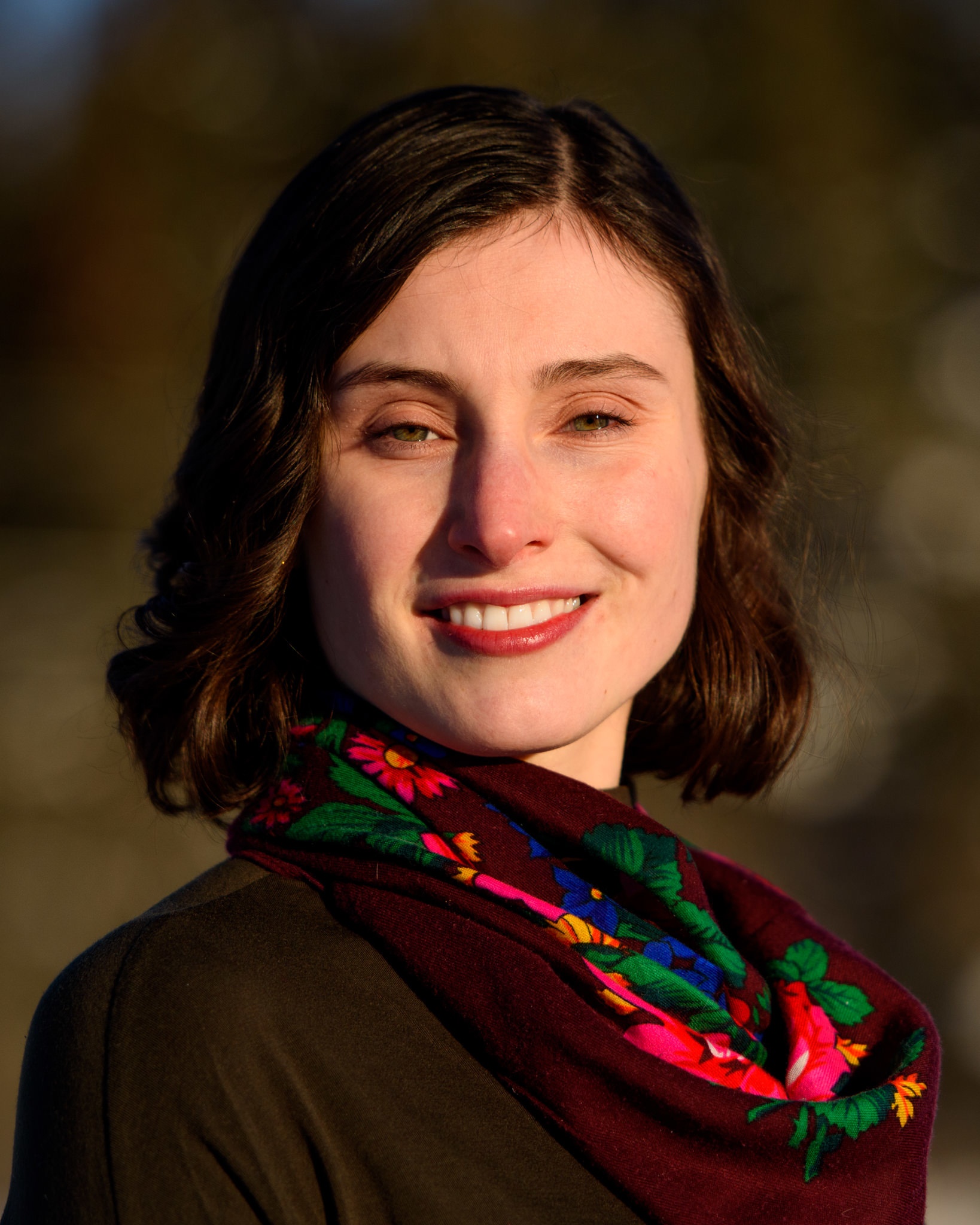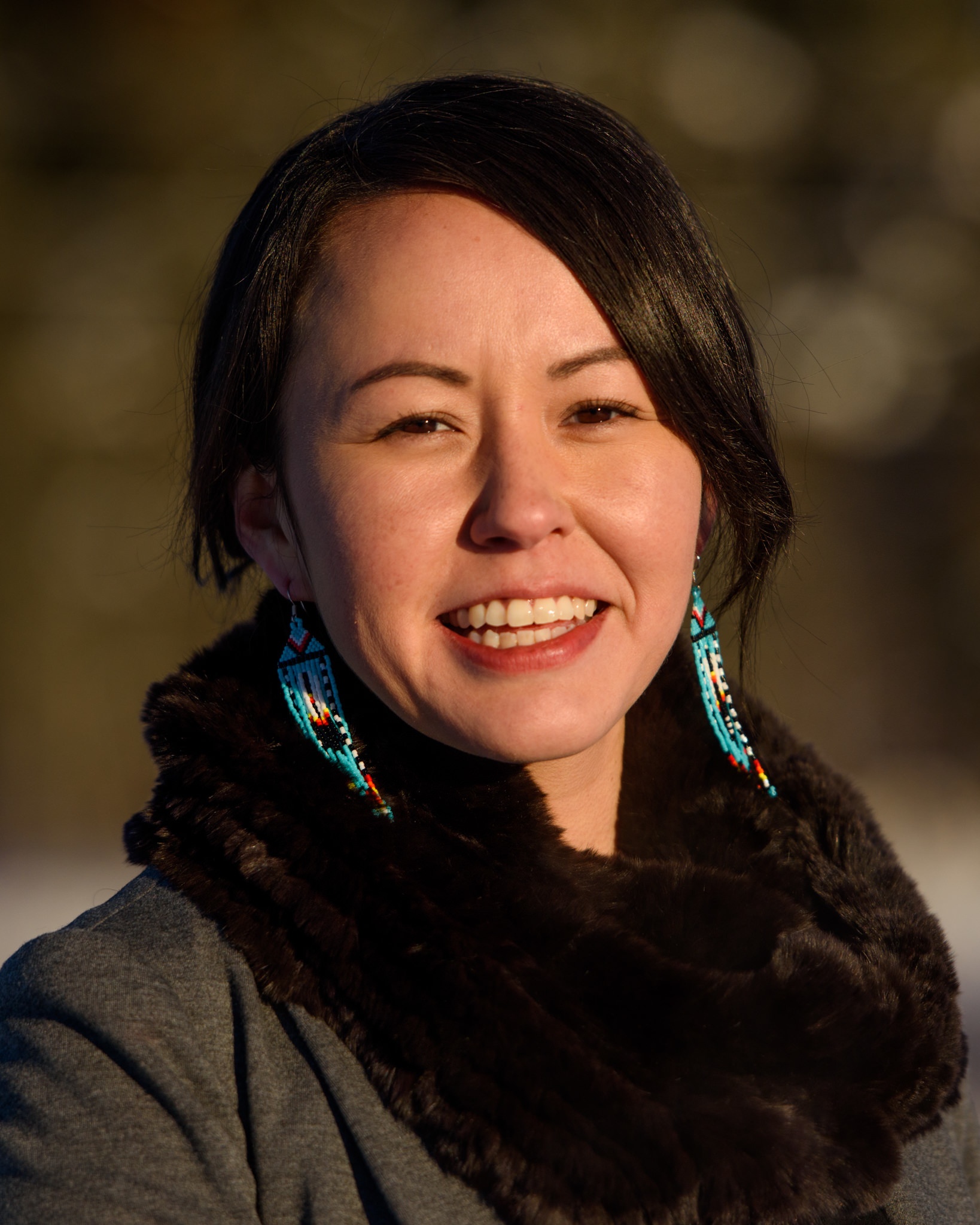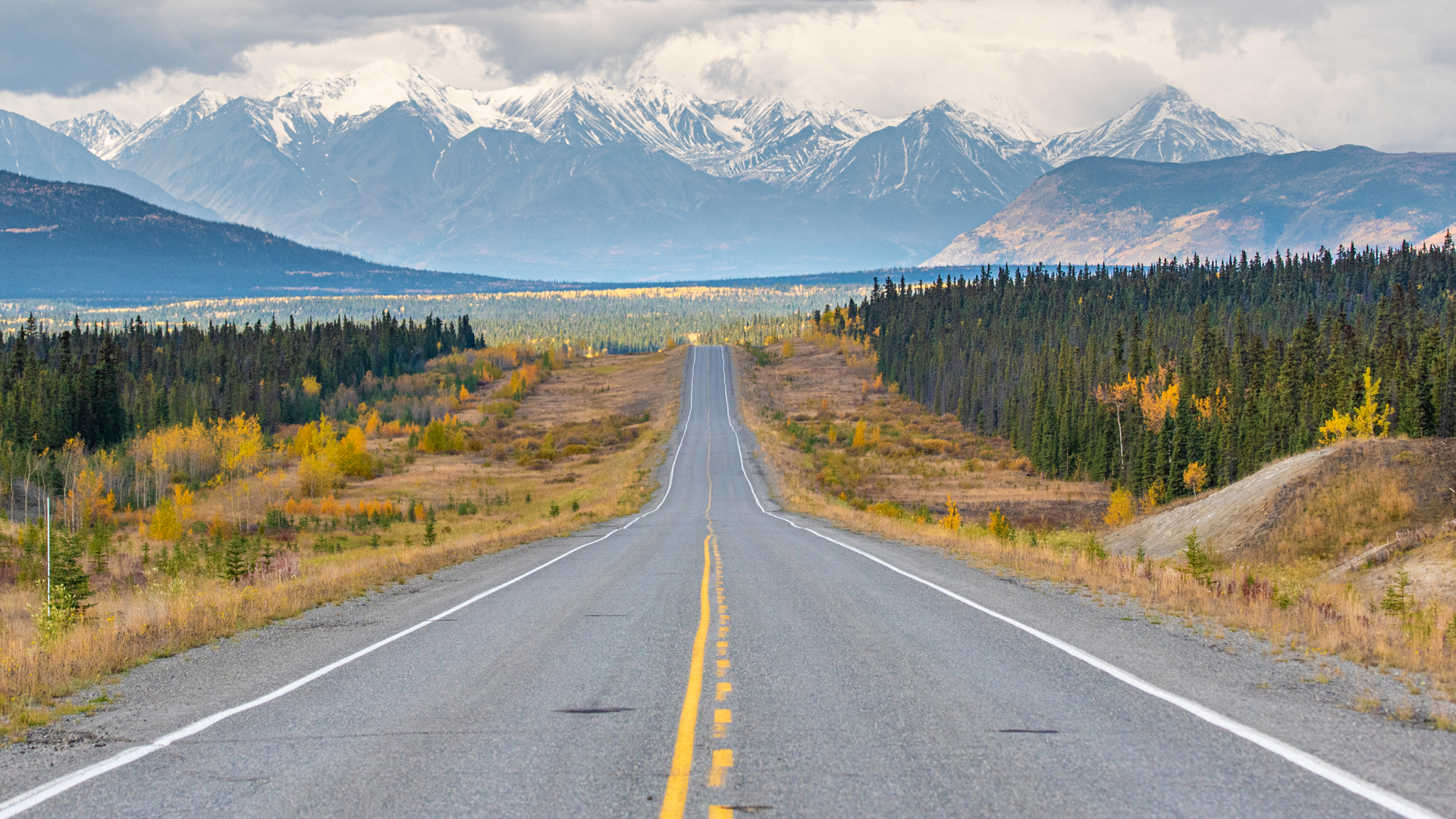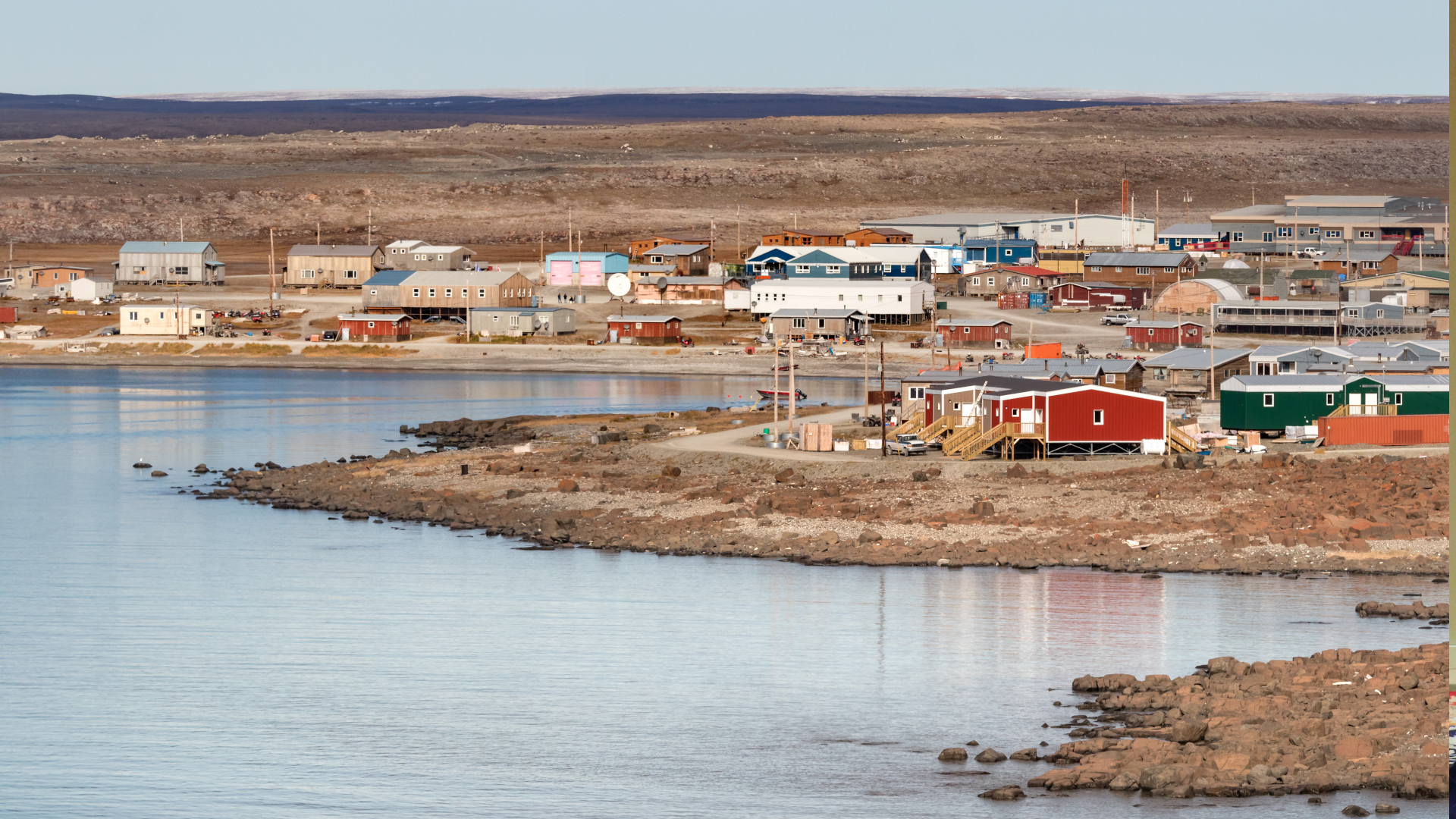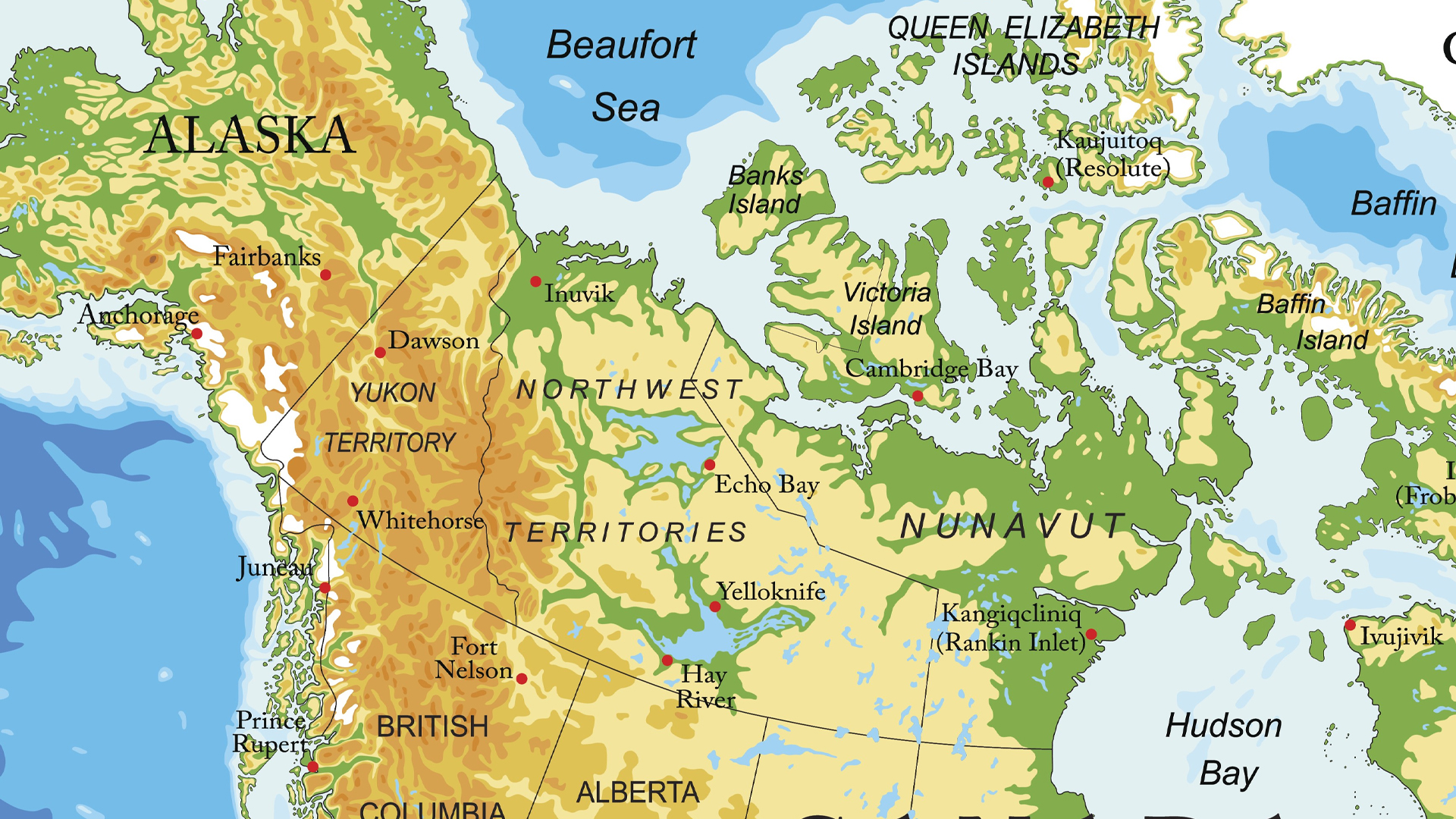
Canada’s North often faces unique policy challenges that require made-in-the-North solutions.
New generations of northern leaders are demonstrating extraordinary creativity, critical thinking and a strong desire for change. The Jane Glassco Northern Fellowship, run since 2010 by The Gordon Foundation, has given young leaders an opportunity to build skills not readily available in the North.
The fellowship is a policy and leadership development program for northern Canadians aged 25-35 who are passionate about addressing emerging policy challenges and building a strong North.
Over 18 months, fellows receive policy skills training, mentorship, and networking opportunities as they undertake public policy research on topics including on-the-land programming, addiction services, and language education.
In light of COVID-19, we spoke to several Jane Glassco Northern Fellows about how their recently published public policy research is applicable in the context of the unfolding pandemic. Their research presents novel policies as well as a rethinking of existing policies during a period when such innovation and reflection is needed.
At the same time, the pandemic has highlighted a heightened need for citizens’ contribution to policy, and this research provides knowledge from those living the reality of the North’s most pressing issues pre-COVID-19, during and after. From advancing key priorities such as nation-to-nation partnership, to reimagining shared spaces with nature and people, to advancing on-the-land learning, the fellows’ work paints a vivid picture of a better future ahead.
Read Chloe’s public policy paper: “Creating Ethical Spaces: Opportunities to Connect with Land for Life and Learning in the NWT”
My policy research examines on-the-land learning in the public education system, specifically creating learning spaces outdoors. COVID-19 has shut schools, creating chaos for administrators, educators, parents, and children.
Redefining our relationships with the Earth is essential for the preservation of humanity and the avoidance of catastrophic events like the current pandemic. Spending time outdoors has benefits for health, environment, economies and more. On-the-land learning contributes to the development of capable, happy people who can make decisions based on natural laws.
Humanity has been presented with a pause and an opportunity to reimagine our relationships with ourselves, each other, and the land. I believe we must seize this opportunity. What if new ways of learning could result in the shifts we need?
An immediate way of moving forward could be to design and construct spaces outdoors, as outlined in my research. Every student and educator in the Northwest Territories would return to their post-pandemic school grounds to find a wall-tent and a fire pit stocked with wood – a simple and powerful action that sets the stage for change.
Read Don’s public policy paper: “Negotiating the Dehcho: Protecting Dene Ahthít’e Through Modern Treaty-Making”
My research examines how modern self-government negotiations can achieve something more than merely delegated powers — something closer to shared jurisdiction on a nation-to-nation basis. Most recently, jurisdictional issues arise with emergency powers and the ability of First Nations to manage COVID-19 risk in communities.
The stakes could not be higher for First Nations. Overcrowded housing, higher rates of underlying health conditions, and inadequate access to basic necessities mean an outbreak could be devastating.
Checkpoints, lockdowns, and curfews have been implemented by First Nations eager to avoid having provincial jurisdiction imposed on them. But these measures must receive support from governments, especially where resource and enforcement issues arise. In this sense, the pandemic provides an opportunity for governments to respect First Nations’ jurisdiction while supporting local capacity to manage this crisis effectively.
Nation-to-nation partnership must always be the goal; the pandemic simply represents the most recent and acute issue calling out for collaboration. When emergency strikes, First Nations can and should implement local legislation grounded in their particular legal order, and these measures can and should receive deference, resources and support from government. Such solidarity, hopefully, will give new life to shared governance once the danger passes.
Read Kaviq’s public policy paper: “Nunami Ilinniarniq: Inuit Community Control of Education through Land-based Education”
My policy paper examines improving the relationship between families and schools by enhancing land-based education programs. During this pandemic, families require more flexibility in the services they receive to maintain physical distancing measures. Being on the land is an excellent way to do that, and a positive way to engage socially while maintaining distance. It is also an ideal space to practice Inuit language and culture.
Now is an excellent time to pilot flexible learning opportunities where Inuit children are still learning but engaging with the land more than they typically would through a structured school schedule. There are many families that struggle to have typical educational resources such as pens, paper, internet access, and books. We also know that learning happens without those resources, and so we need to understand how to support families in generating experiential learning opportunities while limiting physical contact.
Policy-makers can learn from families about how public services can be more flexible, comprehensive, and shaped by local culture and diverse family needs. This is an opportunity to think about how we can do things differently when services resume so that the policies we use improve those services and do not create more barriers.
Read Kelly’s public policy paper: “Accounting for our Plant Citizens: Proposed Collaborative Approaches for Supporting Wild Plant Harvest in Whitehorse, Yukon”
My research examines how the wild plant harvest – an important cultural practice, as well as a means of subsistence and source of recreation for the Whitehorse, Yukon community – is under threat. The paper outlines three potential options for intergovernmental protection of, and support for, wild plant harvest.
Most relevant to the COVID-19 context is my policy recommendation to encourage governments to collaborate on public wild harvest education campaigns. The lack of recreational opportunities and fears about food scarcity may lead residents to increase their use of the wild spaces in and around Whitehorse, which is also the reality for many communities across Canada.
While an increase in outdoor activity and subsistence harvest is likely to have many positive outcomes, it could have a negative impact on local plant life if left unchecked. Just like the practice of social distancing, culturally and environmentally sensitive harvest is an act of social responsibility.
Currently, there is a heightened awareness about how our actions impact others within communities. We can build on that awareness by circulating more information on how to share wild spaces and plants respectfully.
Read Kristen’s public policy paper: “Ways forward in addictions programming in Fort Simpson Northwest Territories Dene Gogǫndıé Voices of the People”
My policy paper looks at addictions programming in Fort Simpson, NT. I spoke with community members to generate community-led recommendations, which focus on actions involving on-the-land programming and a Dehcho regional health gathering, both of which are not possible currently.
One of my recommendations is for the Government of the Northwest Territories to hire more staff who are Indigenous and/or northern, and staff who are culturally relevant to the Fort Simpson population. Currently, most government departments, like Health and Social Services, have likely diverted attention towards fighting COVID-19.
I view this time as an opportunity to plan, to research, to reflect, to pause and consider possibilities. The coming months may not be the time for on-the-land programming focused on healing, but we can plan for when the pandemic passes to have a Fort Simpson/Dehcho on-the-land healing program pilot. The region could start planning for a regional health gathering for when the pandemic ends. Now might not be the time for community face-to-face engagement, but rather for planning, which we might not typically have the space for.
Essentially, now is a good time to consider recommendations, read research and consider how to apply it.
This article is part of the The Coronavirus Pandemic: Canada’s Response special feature.





